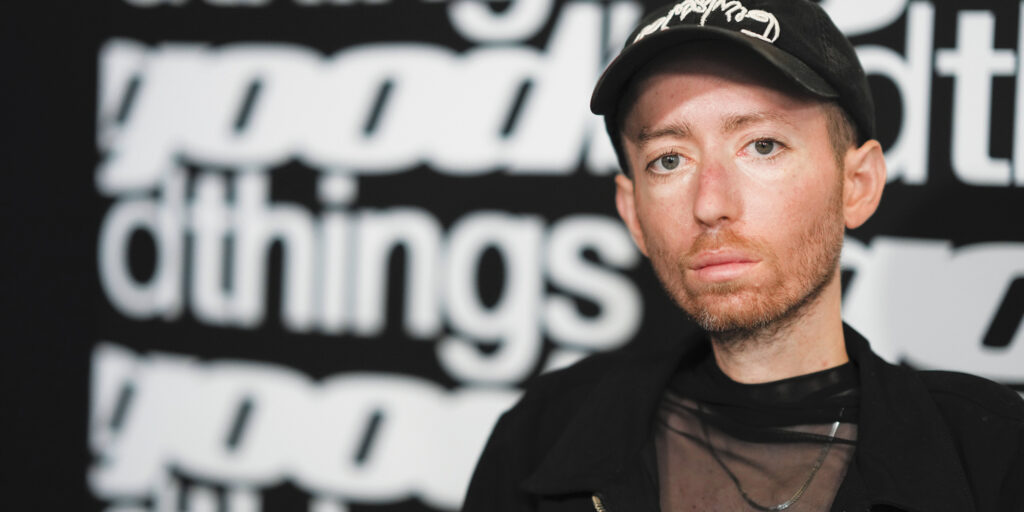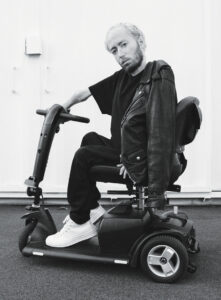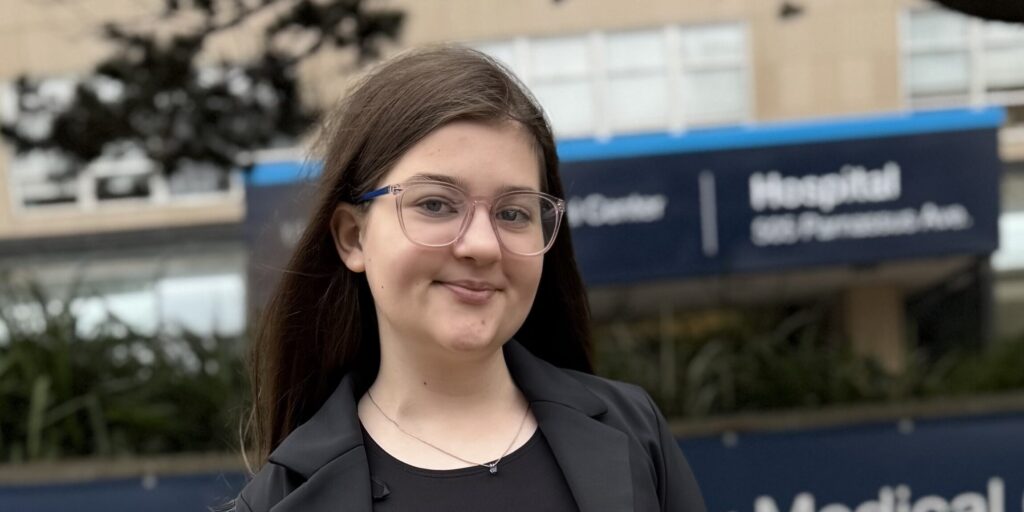
How We’re Changing the Narrative on Disability in Hollywood
By Danny Kurtzman | Friday, May 23, 2025
For most of my life, I accepted stories about what it meant to be disabled. Stories that told me everything would be harder. That love would be rare, that success would be a miracle, that I was somehow broken. These stories were not written by me. They were written by society, by the media, by a world that decided who I was before I ever got to say it for myself.

Danny Kurtzman is an actor, model, entrepreneur and advocate.
But here’s the thing: Those stories were never true.
It took me 33 years and an incredible disabled coach, Carson Tueller, to realize that the story I had been living wasn’t mine. That realization changed everything. I rewrote my story — one where I wasn’t broken, but powerful. Where my disability wasn’t a limitation, but a superpower. And when we, as a disabled community, reclaim our narrative, it unleashes a power that is unstoppable.
This is the foundation of “Good Bad Things,” a film that isn’t just a film — it’s a revolution in storytelling. My best friend, Shane D. Stanger, directed this project, but more than that, he gave me the space to bring my truth to the screen. I play Danny, a successful entrepreneur who has everything — his dream house, a thriving business, a best friend who loves him, and a father who cares. But despite all that, he’s struggling. Not because of his disability, but because of the limits he has placed on himself. The film isn’t about Danny’s disability — it’s about his humanity, his growth, and his realization that the only thing standing in his way is himself.
That’s what makes “Good Bad Things” so powerful. It isn’t a story about overcoming disability. It’s a story about a man navigating love, identity, and self-worth. And that’s why it resonates with so many people, disabled or not.
Hollywood has long dictated what disabled stories look like. They either make us objects of pity or symbols of inspiration — rarely anything in between. The industry has been slow to recognize that disabled people don’t need to be saved or glorified — we just need to be seen as we are. That’s why it was so important for us to make this film authentically. We didn’t create some exaggerated drama for the sake of entertainment. We told the truth. We cast disabled actors, we had disabled voices behind the scenes, and we made something real.
Steve Way, our executive producer, has been a huge inspiration in showing me that disabled people can create, lead, and change the industry. And the timing for this change couldn’t be better. Disabled talent has been ignored for too long, and yet we exist in every facet of this industry — actors, writers, directors, editors, producers. The gatekeepers of Hollywood have underestimated us, but we’re here, and we’re not waiting for permission anymore.
As “Good Bad Things” enters the homes of many, disabled audiences will finally see themselves in a story that isn’t about their limitations but their possibilities. I can’t tell you how many people at our screenings have come up to us, saying they’ve never seen themselves represented this way before. That’s the impact of rewriting the narrative. That’s the power of owning our stories.
And yet, every day, we are reminded of how fragile progress can be. The media still controls the dominant narrative about disability. Harmful, outdated perspectives still shape how people see us — and how we see ourselves. The words of powerful figures, the exclusion from mainstream stories, the societal structures that tell us who we can and can’t be — it all reinforces the same old lies. But I feel something shifting.
I’ve spent the last couple of months on calls with disabled leaders, talking about how we can work together to rewrite what it means to be disabled. The biggest takeaway? We are capable of anything. The stories the media tells about us are dangerous, and they are not true. I know that, my community knows that, and anyone who truly sees us knows that.
We are not waiting for the world to change. We are the change.
I love being disabled. I am beyond grateful to be part of this community. And I know, without a doubt, that when we unite and reclaim our stories, we will show the world exactly what we are capable of.
“Good Bad Things” is just the beginning. The story doesn’t end here — it starts now.
Danny Kurtzman is an actor, model, entrepreneur, and advocate for the disabled community who lives with facioscapulohumeral muscular dystrophy (FSHD). Danny starred in “Good Bad Things” (goodbadthings.com) and co-wrote and produced the movie with his childhood friend, director Shane Stanger.
Next Steps and Useful Resources
- Listen to a Quest Podcast conversation about making the movie “Good Bad Things” with actor Danny Kurtzman, director Shane Stanger, and executive producer Steve Way.
- Learn how people in the neuromuscular disease community are building body positivity in Embrace Your Body.
- Neuromuscular disease community members and a mental health expert answer questions about dating with a disability.
- Stay up to date on Quest content! Subscribe to Quest Magazine and Newsletter.
Disclaimer: No content on this site should ever be used as a substitute for direct medical advice from your doctor or other qualified clinician.




